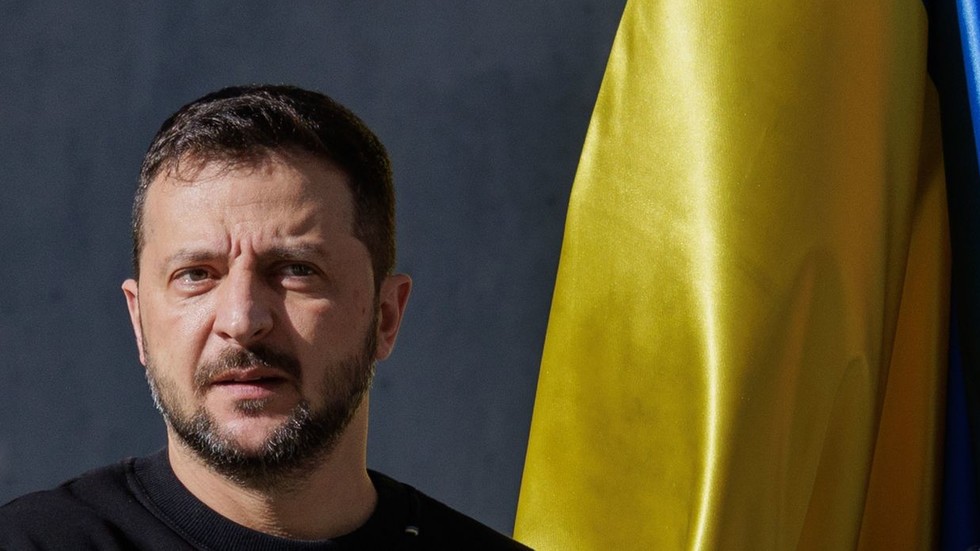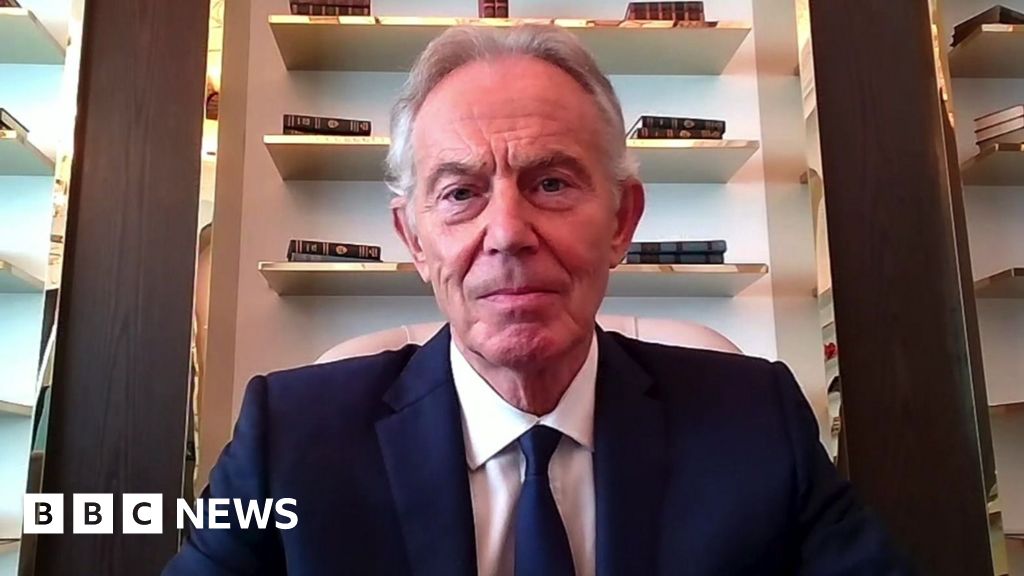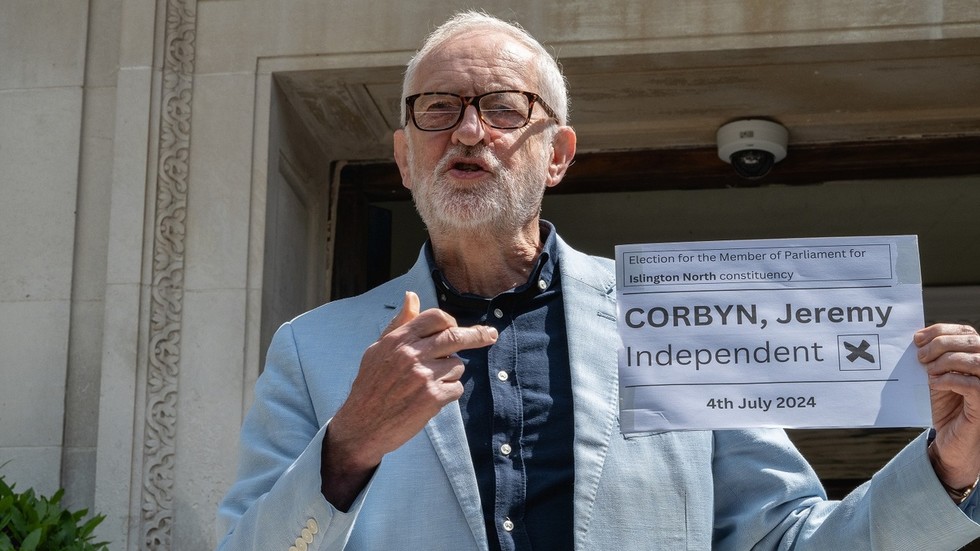 Riot Police in Mbeya City unleash teagas to disperse members of the Chadema opposition party who gathered to mark International Youth Day on August 12, 2024. Credit: Kizito Makoye/IPS
Riot Police in Mbeya City unleash teagas to disperse members of the Chadema opposition party who gathered to mark International Youth Day on August 12, 2024. Credit: Kizito Makoye/IPSDAR ES SALAAM, Oct 21 (IPS) - At a rally to mark International Youth Day on August 12 in Tanzania's southern Mbeya region, John Mnyika stood with a determined expression, addressing his supporters. The air was charged with anticipation. Mnyika, the Secretary-General of Tanzania's opposition party, Chadema, was preparing to speak about the upcoming elections when the chaos erupted. Without warning, heavily armed police officers stormed the event, grabbed Mnyika, and dragged him away.
Amid the fracas, an officer ripped the rimless eyeglasses from Mnyika's face and callously crushed them underfoot. "They beat me with clubs and the barrels of their guns," Mnyika would later recount. "It was a calculated move to humiliate and silence us." His voice trembled with anger, but he remained resolute. The brutality of that day was not an isolated event—it was a sign of a deeper malaise in Tanzania's political landscape.
Tanzania's promised reforms
When Samia Suluhu Hassan assumed the presidency in 2021, following the death of John Magufuli, there was hope for a new dawn. Samia, the first female leader of Tanzania, had promised to usher in a new era of democratic reform. She lifted bans on political rallies, allowed media outlets to reopen, and signaled a commitment to freedom of speech.
For a brief moment, it seemed as though Tanzania was emerging from the shadow of autocracy. Opposition parties, long suppressed under Magufuli's rule, were allowed to hold rallies once more. Political discourse blossomed, and for the first time in years, the country appeared to be on the path toward genuine democracy.
But as the 2024 local elections approached, those hopes began to fade. The government's promises of reform gave way to a resurgence of authoritarian tactics. The optimism that had accompanied Samia's ascent to power was slowly being replaced by fear and uncertainty. Political violence was on the rise, opposition leaders were being silenced, and dissent was once again being met with brutal repression.
The return of repression
Mnyika's ordeal was just one of many incidents that signaled a return to the heavy-handed tactics of the Magufuli era. On the same day as his arrest, Chadema Vice-Chairperson Tundu Lissu, along with over 500 supporters, was detained in what appeared to be a coordinated crackdown on the opposition. Lissu, who survived an assassination attempt in 2017, has long been a vocal critic of the ruling Chama Cha Mapinduzi (CCM) party.
"We are witnessing the death of democracy in real-time," Lissu told reporters after his release. "The government wants to crush any form of opposition, and they are willing to use violence to achieve that goal."
The Tanzanian government's crackdown on opposition figures has not gone unnoticed. International human rights organizations and foreign governments have raised alarms about the escalating violence. In a joint statement, the United States and European Union called for an independent investigation into the growing number of politically motivated arrests and disappearances. But President Samia has remained defiant, asserting Tanzania's sovereignty and dismissing foreign interference.
"We do not need outsiders to tell us how to run our country," she said in a televised address, marking the 60th anniversary of the Tanzania Police Force. "We will investigate these incidents ourselves."
The price of dissent
The crackdown on opposition parties is not only limited to arrests. In recent months, Tanzania has seen a sharp increase in politically motivated abductions and murders. One such case is the abduction and brutal killing of Ali Mohamed Kibao, a senior Chadema member. Witnesses described how Kibao was forcibly removed from a bus by armed men, only for his body to be found a day later, bearing the unmistakable signs of torture and acid burns.
"We are living in fear," said Freeman Mbowe, Chadema's leader. "If they can do this to someone like Kibao, what's to stop them from coming for any one of us?"
The government's response has been dismissive. Despite promises of investigations, no meaningful actions have been taken to hold the perpetrators accountable. Many suspect that the state security forces are behind the violence, though officials continue to deny any involvement.
A nation at the crossroads
As Tanzania approaches its 2025 general elections, the country finds itself at a dangerous crossroads. The political violence of the past year has raised fears that the country may be sliding back into authoritarianism. Samia, who once positioned herself as a reformer, now faces accusations of using the same repressive tactics as her predecessor.
"The optics are troubling. When opposition figures are targeted under the guise of legal procedures, it sends a message that political dissent will not be tolerated," says Michael Bante, a political commentator based in Dar es Salaam It's a significant setback for the progress we thought we were making under her leadership."
While some may argue that these actions are necessary for stability, Bante believes it's a dangerous precedent. "Tanzania's democracy will only thrive if we can guarantee the space for all political voices to be heard—whether they align with the government or not."
For many Tanzanians, the future seems grim. The escalating political violence has fostered an atmosphere of fear and uncertainty, leaving many feeling helpless. "These are troubling times," remarked Juma Mwinyi, a street vendor who saw the abduction of Kibao. "If they can snatch someone in the middle of the day, what's to stop them from targeting the rest of us?"
The International Response
Internationally, Tanzania's political situation has drawn widespread condemnation. Foreign governments have called on Samia to reverse course and restore the democratic freedoms that were promised when she took office. But so far, those calls have gone unanswered.
"President Samia has a choice to make," says Halima Mheta, a Tanzanian social justice activist. "She can be the leader who restores Tanzania's democracy or the one who destroys it."
As the nation waits for the upcoming elections, one thing is clear: the stakes have never been higher. For opposition leaders like John Mnyika and Tundu Lissu, the fight for democracy has never been more dangerous. But despite the risks, they remain determined.
"We will not be silenced," Mnyika said defiantly. "Tanzania belongs to all of us, and we will fight for our right to be heard."
For now, the future of Tanzania remains uncertain. But in the face of mounting repression, the country's opposition leaders are determined to keep fighting, no matter the cost. As the political violence escalates and the government tightens its grip, the question remains: will Tanzania's fragile democracy survive?
IPS UN Bureau Report
Follow @IPSNewsUNBureau
Follow IPS News UN Bureau on Instagram
© Inter Press Service (2024) — All Rights ReservedOriginal source: Inter Press Service

 1 month ago
11
1 month ago
11









